Dry Eye Disease is a chronic condition where your eyes fail to produce adequate tears or produce poor-quality tears, leading to discomfort, irritation, and blurred vision. Common causes include aging, prolonged screen use, environmental factors, and underlying health issues like meibomian gland dysfunction. Early diagnosis and treatment are crucial to prevent worsening symptoms and maintain eye health. At Shree Ramkrishna Netralaya’s dedicated Dry Eyes Clinic, we provide thorough diagnosis and tailored treatment plans for both children and adults, ensuring a compassionate approach to restoring your eye comfort and vision clarity.
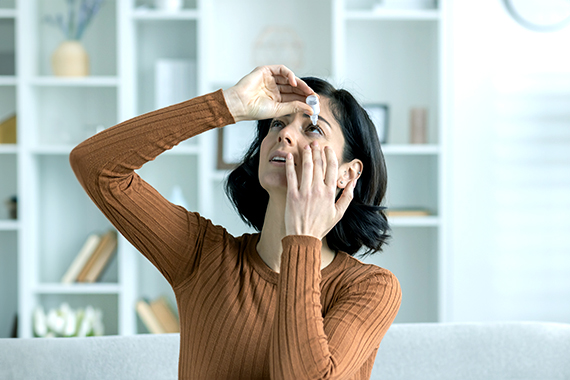
Book Appointment Download Brochure
At Shree Ramkrishna Netralaya’s Dry Eyes Clinic, the diagnosis of Dry Eye Disease begins with a detailed patient history and a comprehensive eye exam tailored to the patient’s specific needs. Our specialists utilize advanced diagnostic tests to assess tear production, tear film stability, and the overall health of the ocular surface.
This test measures the time it takes for dry spots to appear on the eye's surface after blinking, helping to assess tear film stability.
Used to quantify tear production, this test involves placing a small strip of paper under the lower eyelid to measure moisture.
This imaging test examines the meibomian glands, which play a crucial role in tear film production and are often implicated in Dry Eye Disease.
Dyes are used to detect damage to the surface of the eye and to highlight areas where the tear film is breaking up.
These tests provide a comprehensive understanding of your eye's condition, allowing our specialists to recommend the most effective treatment.
Offers precise analysis of tear production and distribution, crucial for identifying the extent of eye dryness.
Evaluates the condition of the eye surface and the quality of the tear film, providing insights into the underlying causes of Dry Eye Disease.
Measures the thickness of the lipid layer in tears, essential for diagnosing meibomian gland dysfunction.
A specialized imaging test that assesses the health of the meibomian glands, critical for maintaining a healthy tear film.
Determines the concentration of tears, helping to diagnose and differentiate between different types of Dry Eye Disease.
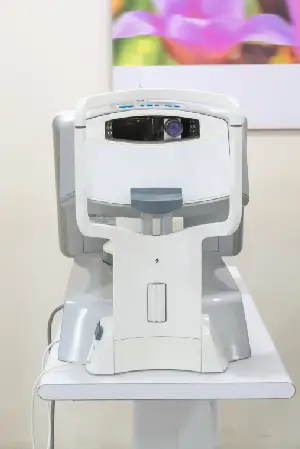
LIPIVIEW Diagnostic Test
Non-invasive technology to assess Meibomian Gland Dysfunction (MGD) and guide personalized treatment plans.
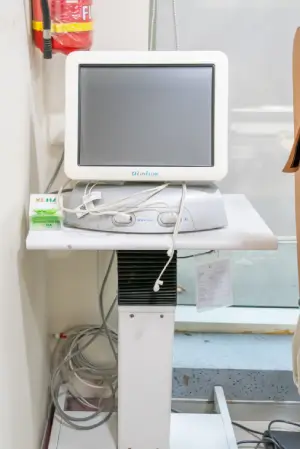
LIPIFLOW Dry Eye Therapy
In-office procedure using heat and massage to unclog and stimulate meibomian glands, restoring the tear lipid layer.
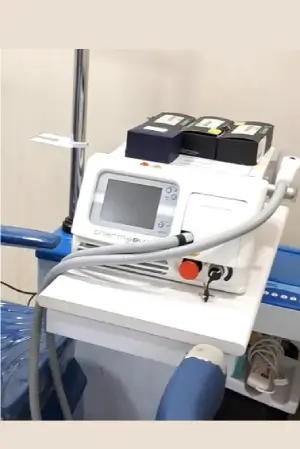
IPL Dry Eye Therapy
Intense Pulsed Light targets inflammation and dysfunctional blood vessels, alleviating dry eye symptoms.
At Shree Ramkrishna Netralaya, our Dry Eyes Clinic offers a range of treatment options tailored to the severity and underlying cause of Dry Eye Disease:
Immediate relief for mild symptoms by supplementing natural tears.
Medications like cyclosporine (Restasis) or lifitegrast (Xiidra) that help increase tear production and reduce inflammation.
Tiny devices inserted into tear ducts to retain natural tears on the eye surface longer, ideal for patients with moderate to severe eye dryness.
A procedure to unclog and stimulate the meibomian glands, improving tear quality.
Used to reduce inflammation and improve the function of the meibomian glands, offering relief from chronic dry eyes.
Post-treatment recovery at Shree Ramkrishna Netralaya's Dry Eyes Clinic is guided by our expert team to ensure a smooth and comfortable healing process. Patients can expect a gradual improvement in symptoms with regular follow-up visits to monitor progress. The use of prescribed eye drops and other medications is essential, along with adherence to any recommended lifestyle changes. Our specialists will also provide guidance on avoiding activities that could exacerbate symptoms, such as prolonged screen time or exposure to dry, windy conditions.
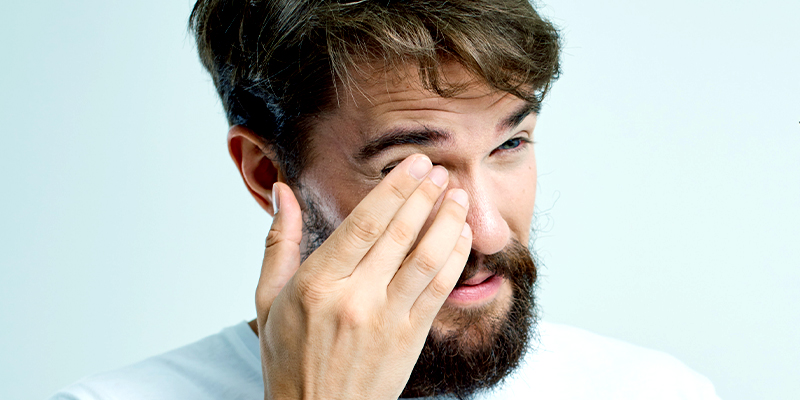
Some treatments may cause temporary irritation as your eyes adjust.
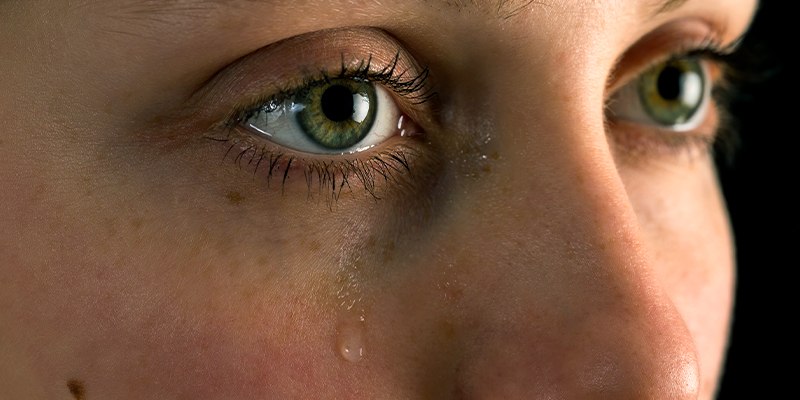
Rare, but possible with treatments like punctal plugs, leading to excessive tear retention.

A potential risk with any surgical or invasive procedure, though rare with proper care.

Common during the adjustment phase after certain treatments.

May occur after procedures like meibomian gland expression or IPL therapy.
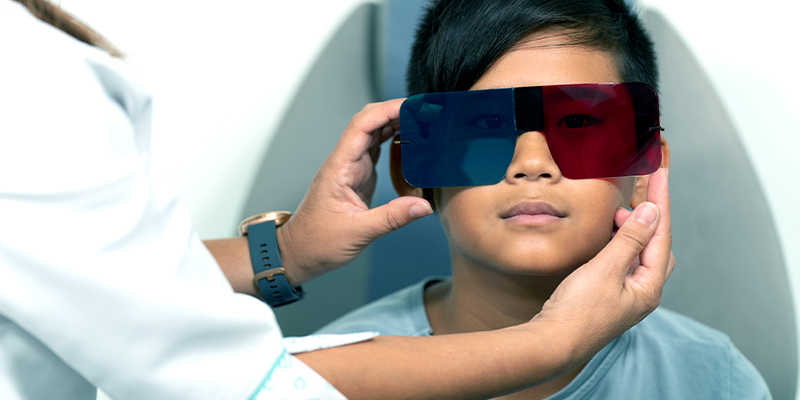
A cutting-edge treatment for Dry Eye Disease, particularly for those with Meibomian Gland Dysfunction (MGD). It works by applying light pulses to the skin near the eyelids to reduce inflammation and improve tear quality.
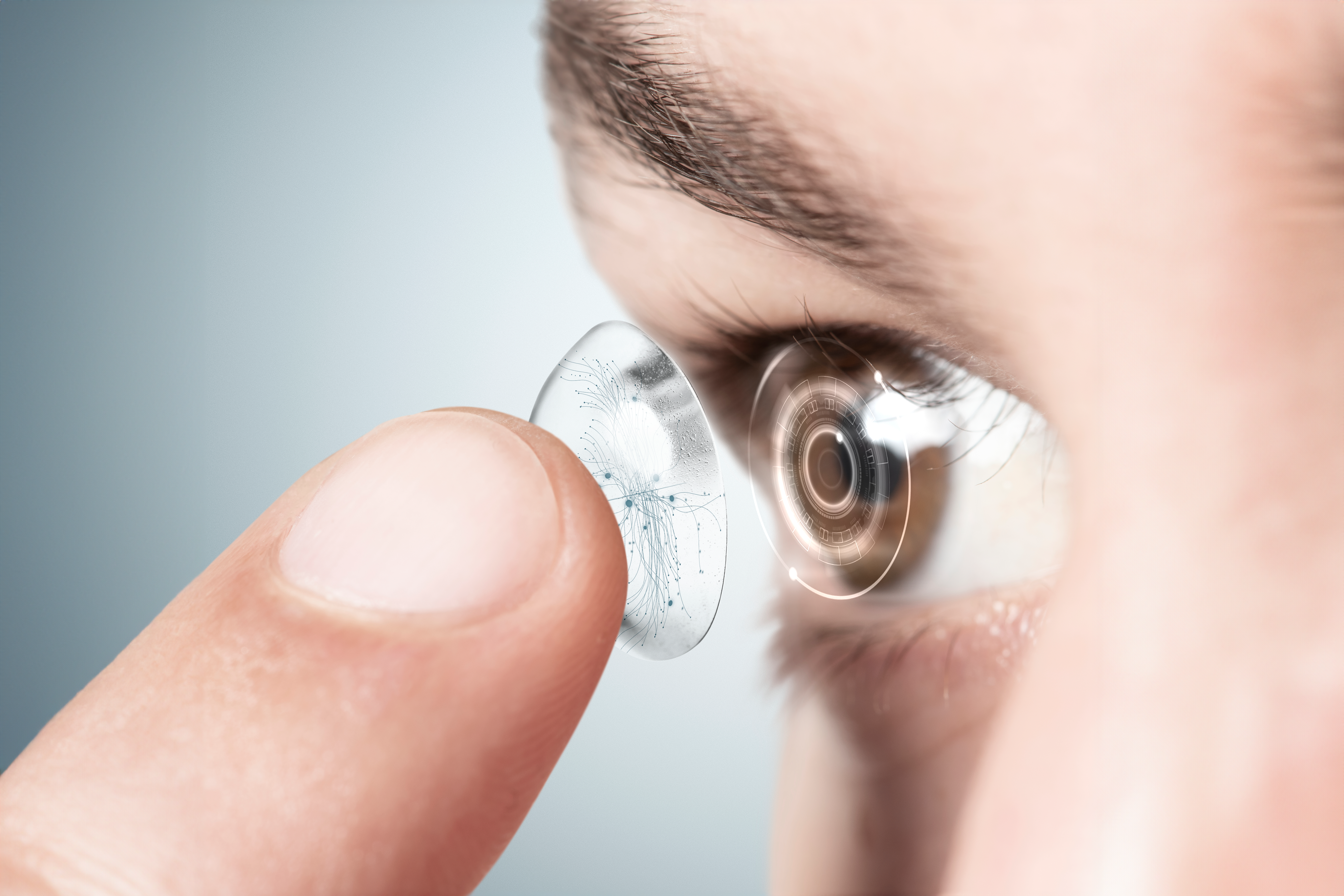
A highly effective treatment for meibomian gland dysfunction that combines heat and gentle pressure to unblock the glands and restore natural oil flow to the tear film.

Specially designed contact lenses that create a tear reservoir over the cornea, providing significant relief for patients with severe Dry Eye Disease.
At Shree Ramkrishna Netralaya, our team of experienced eye specialists is dedicated to providing the highest standard of care.
Shree Ramkrishna Netralaya’s Dry Eyes Clinic in Thane is the premier choice for advanced, personalized Dry Eye Disease treatment. Our commitment to patient care, coupled with the latest diagnostic and treatment technologies, ensures successful outcomes and lasting relief. Schedule your consultation today to begin your journey toward better eye health and comfort.
Dry Eye Disease is a chronic condition where the eyes do not produce enough tears or the tears evaporate too quickly, leading to discomfort and vision problems.
Common causes include ageing, hormonal changes, environmental factors, prolonged screen use, and meibomian gland dysfunction.
Diagnosis involves comprehensive eye exams, including tests like Tear Breakup Time, Schirmer Test, and Meibography, to assess tear production and gland function.
Treatments range from artificial tears and prescription eye drops to advanced therapies like Lipiflow and IPL, depending on the severity of the condition.
Yes, with regular treatment, lifestyle adjustments, and follow-up care, most patients can manage their symptoms effectively and maintain good eye health.
While Shree Ramkrishna Netralaya is your top choice for eye care in Mumbai, you may also consider our other reputable clinics and hospitals near you.
Address:
201 & 202 Elmer #Plot #563, Central Avenue, Corner of, 11th Rd, Chembur, 400071
Phone: 082917 14838
Timing: Mon-Sat- 10 a.m. To 8 p.m.
Address:
Near Risk Care Hospital, Near Makhamali Talao, LBS Marg, Thane, W, Mumbai, Maharashtra 400601
Phone: 02225441139
Timing: Mon-Sat- 11 a.m. To 8 p.m.